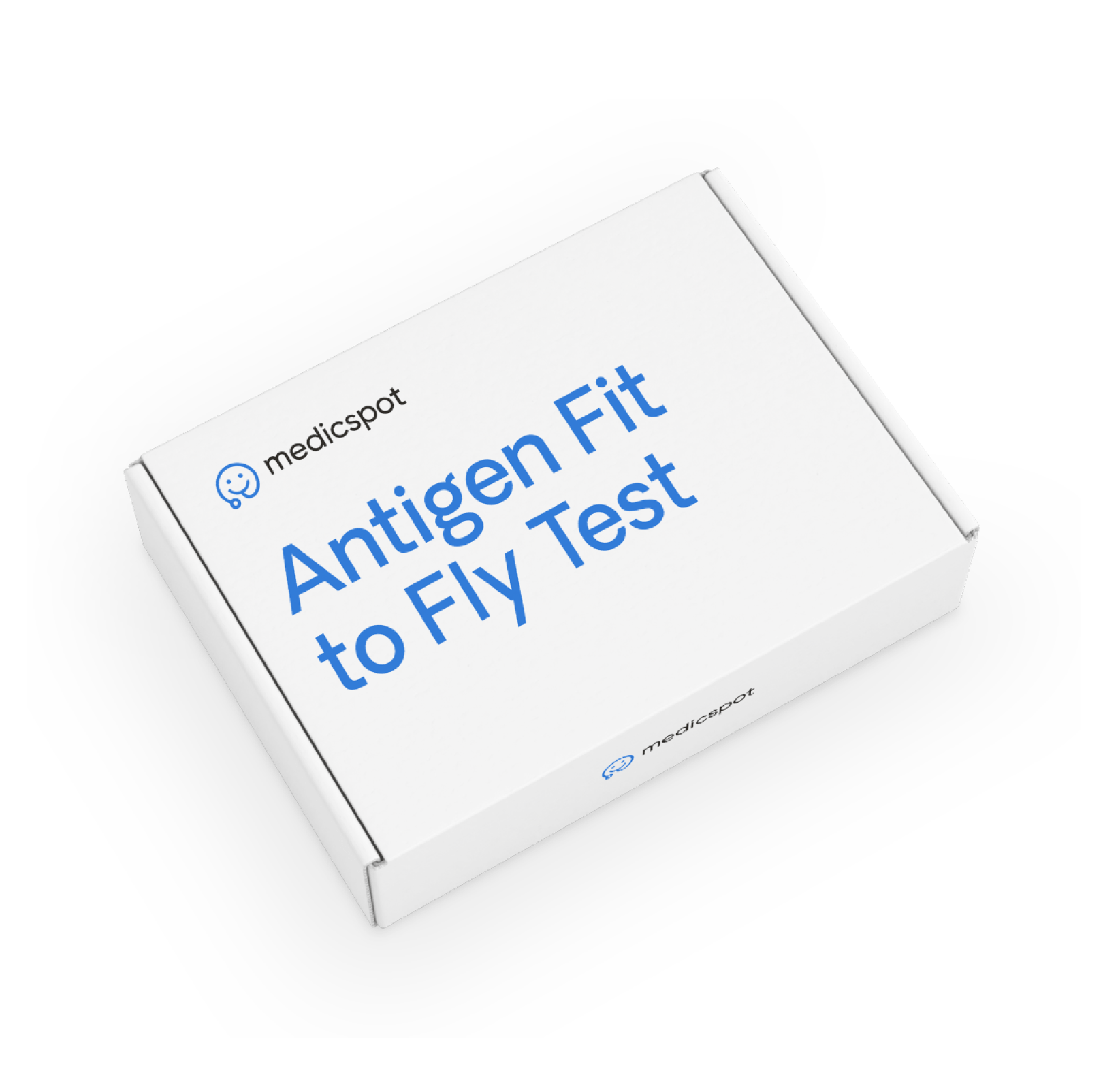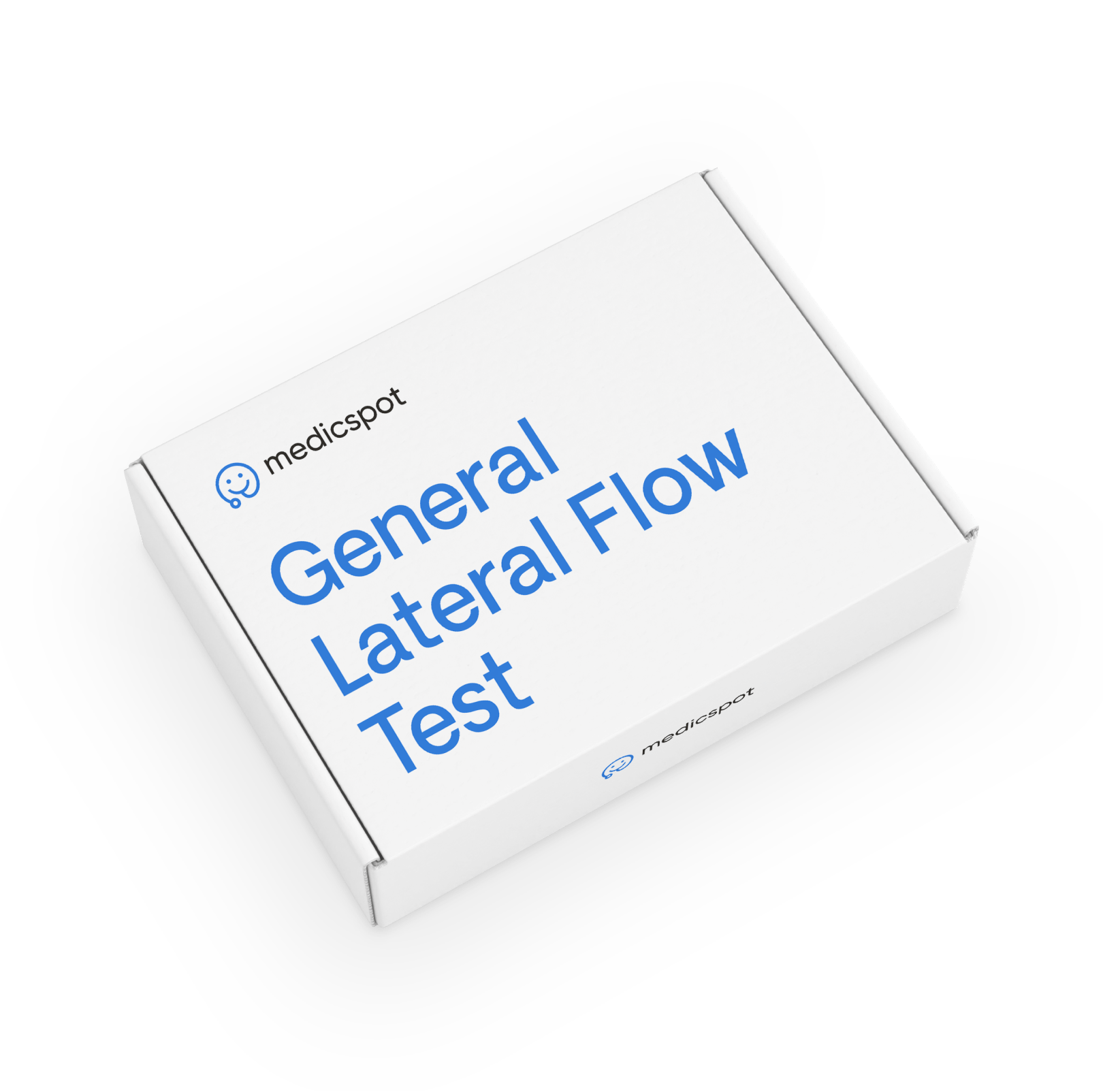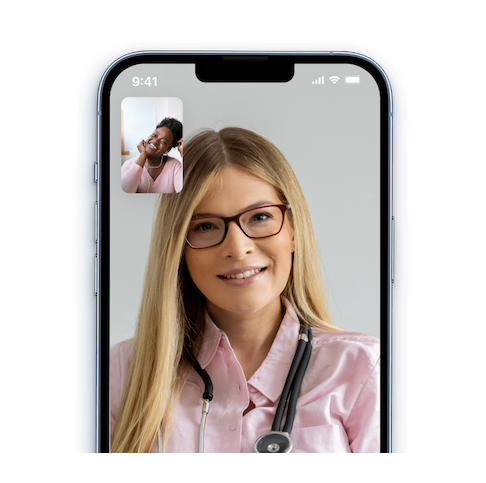Since 2020 over 100,000 passengers have used Medicspot’s Covid Tests for Travel to help them get where they need to be. Order today and find out why we’re rated “Excellent” .
Covid Tests for Travel
- Results in 20 mins
- Certificate in 2 hours
- Rated Excellent on Trustpilot
- Free Delivery
- Results in 20 mins
- Free Results Certificate
- Not for international Travel
- Free Delivery
- Verification Service only - no test kit included
- Use your own Flowflex Test
- Appointments available 7/7
- Results in 20 minutes
How our Covid test kits work
STEP 1
Order your Covid test kit
Fill in your details and order your covid test kit online with free standard delivery. Express delivery is also available if you need your test urgently.
STEP 2
Take the test at home in minutes
Register your kit then follow the instructions on how to perform the non-invasive swab test.
STEP 3
Send a swab or upload the photo
Upload your Antigen test photo or send PCR test swab to our lab to receive the certificate confirming that you took a COVID test.
STEP 4
Antigen Test results & certificate in 20 minutes
For Antigen Tests just take a photo, upload it to our website and receive a doctor certificate straight to your email (certificates sent 09.00-17.00). For PCR Tests results will be emailed as soon as the lab issues a result.
Order a Covid Test Online
Medicspot has been offering Covid Tests throughout the pandemic and has been on the UK Governments list of test providers. We offer a range of covid tests which can be ordered online and delivered to your home, including fit-to-fly antigen tests for international travel, antigen tests for everyday use and supervised antigen tests during which you take a test with supervision from one of the Medicspot doctors.
Where can I get a test?
Enter your city or airport.
Unsure on your requirements?
Check and confirm the current entry requirements for your destination country before purchase.


